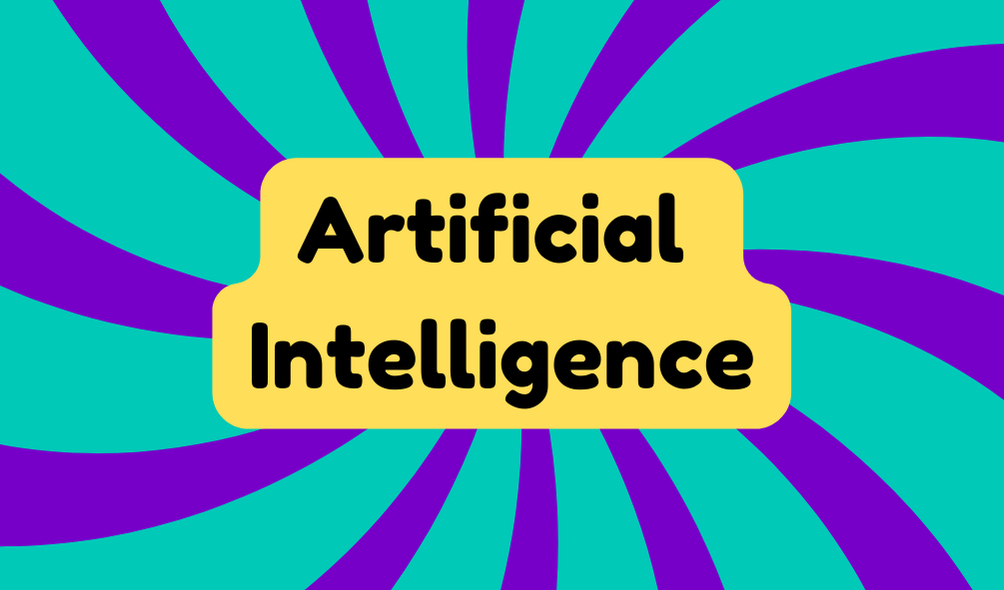Artificial intelligence (AI) refers to technologies mimicking human thought processes, such as learning and decision-making. While AI shows promise in fields like autonomous vehicles and virtual assistants, its effectiveness and ethical implications spark debate. Issues like bias, accountability, and potential job displacement raise concerns among scholars and industry experts. The continued evolution of AI necessitates public dialogue. Understanding these complexities is crucial for informed opinions on its role in modern society, which will be explored further.
Synonyms
Synonyms for artificial intelligence often include terms such as "machine intelligence," "computer intelligence," and "automated reasoning." While these alternatives serve to convey similar concepts, it is essential to recognize the nuances that differentiate them. Each term has its emphasis, leading to potential misconceptions in understanding the field's complexities.
- Machine Intelligence: Focuses on performance.
- Computer Intelligence: Emphasizes processing ability.
- Automated Reasoning: Highlights logic and inference.
- Machine Cognition: Pertains to computer learning.
These distinctions highlight that while technology advances, the depth of machine cognition and computer learning may still lack the richness found in human intelligence.
Example of Sentences
Understanding how artificial intelligence (AI) functions can often be clarified through practical examples. In various artificial applications, individuals can observe how machine learning shapes modern technology. Consider the following instances:
- Virtual assistants like Siri or Alexa utilize AI for voice recognition.
- Recommendation systems on platforms like Netflix analyze user preferences.
- Autonomous vehicles rely on AI to interpret surroundings and navigate.
- AI-driven chatbots provide customer service effectively.
These examples illustrate the profound impact of machine learning on daily life, yet they also highlight the limitations of AI's intelligence, prompting a careful evaluation of its capabilities versus expectations.
Origin
The term "artificial intelligence" emerged during a pivotal seminar at Dartmouth College in 1956, marking the formal recognition of machines attempting to replicate human thought processes. This gathering, headed by pioneering figures like John McCarthy and Marvin Minsky, aimed to explore the potential of machine reasoning. Understanding the historical context of AI's inception reveals both ambition and naivety regarding computational capabilities.
| Pioneering Figures | Contributions |
|---|---|
| John McCarthy | Coined "AI" |
| Marvin Minsky | Developed neural networks |
| Nathaniel Rochester | Artificial neural networks |
| Claude Shannon | Information theory |
| Herbert Simon | Problem-solving AI |
Such discussions seeded ideas that would immensely influence futurists and technologists alike.
Collocations
In the domain of artificial intelligence, certain terms frequently appear together, forming what are known as collocations. These linguistic partnerships enhance communication within the field while illuminating essential concepts. Interestingly, terms like *machine learning* and *deep learning* are often associated, highlighting their interrelationship. Understanding these collocations can aid in grasping complex ideas. Key examples include:
- *Supervised learning*
- *Neural networks*
- *Data-driven decisions*
- *Predictive analytics*
These phrases reflect the ongoing innovation and skepticism regarding AI's capabilities, urging readers to question the technology's implications while staying informed about significant trends in artificial intelligence.
How to Use in Everyday Language
Language related to artificial intelligence has permeated everyday conversations, blending technical jargon with casual dialogue. As AI applications become more integrated into daily life, people often discuss them without fully understanding the implications. Phrases like "smart assistants" and "machine learning" are tossed around, yet they can lead to misconceptions about their true capabilities. It's vital for individuals to approach AI with a realistic perspective, recognizing both its potential and limitations. Encouraging informed dialogue can enhance everyday usage rather than perpetuate myths. Engaging critically with AI discourse fosters a deeper understanding of its role in society and personal lives.
Why Is It Still Relevant Today?
Why does artificial intelligence continue to hold significance in contemporary society? Its relevance stems from ongoing advancements and the need to address ethical implications associated with its use. As AI technologies evolve, they promise innovative solutions across various sectors, from healthcare to finance. However, this rapid progress also raises questions about accountability, bias, and the potential displacement of jobs. Critics argue that without careful consideration, these ethical concerns could outweigh the benefits. Therefore, the dialogue surrounding AI remains essential not only for harnessing its capabilities but also for ensuring its responsible integration, paving the way for a future where technology serves humanity.







